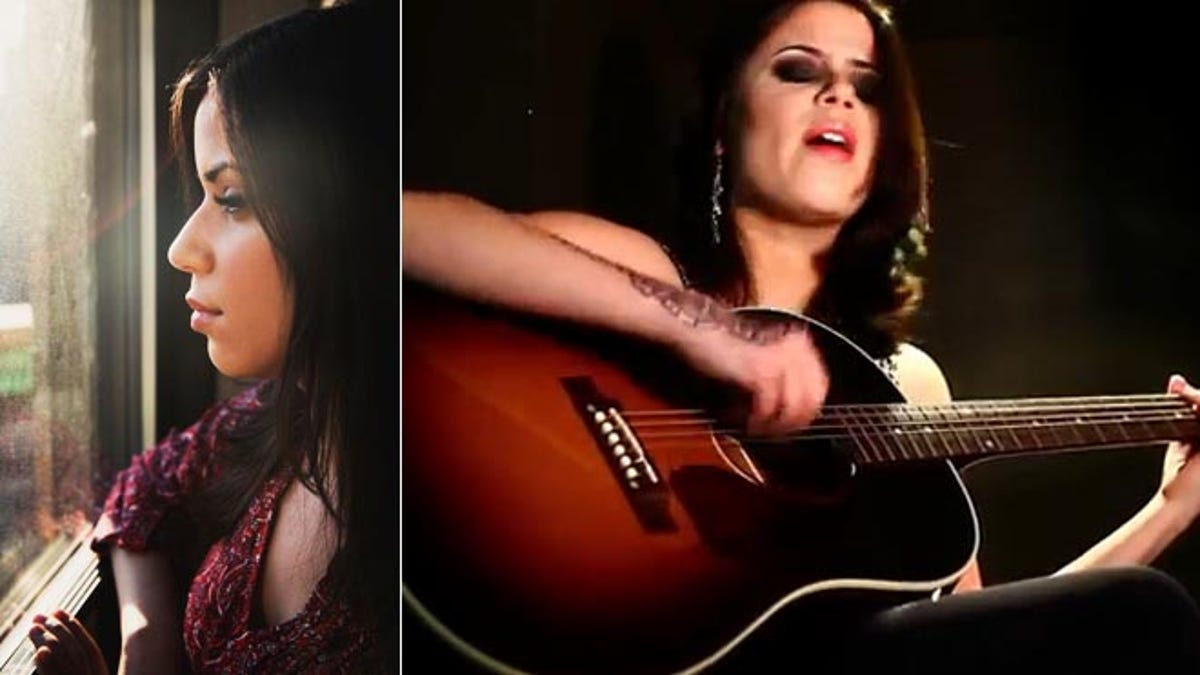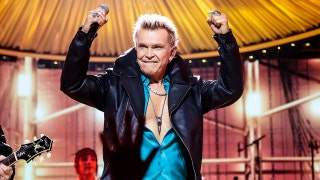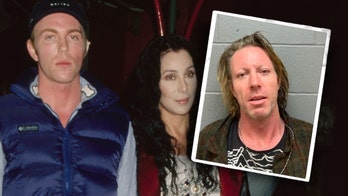
LOS ANGELES – Pop singer Omnia Hegazy isn’t one to keep quiet about inequities she sees in Muslim societies. The young artist, who is of Egyptian descent, is working to draw attention to issues that she says that many would rather ignore, while treading a fine line between critiquing her community and defending it.
The California-born, New York-raised recording artist said it was a recent visit to Egypt, where her father is from, that sparked songs which upset some of her friends.
“I have always been the person at the dinner table to argue with you about politics and I will not shut up,” Hegazy told FOX411’s Pop Tarts column. “Music is an avenue for me to express that.”
“There are a lot of issues, like honor killing, that go on,” she said. “For instance, we were at a beach, and it was extremely hot. All the women were covered up head-to-toe in black, and all the men were wearing Speedos, and that’s how I started writing my song ‘Grace.’ We are all covered up and you men are not, what’s going on here?”
“Grace,” which Hegazy says celebrates female empowerment and beauty in all ages, shapes and sizes, is featured on her EP “Jailbird.” Indeed its lyrics are quite direct:
Cover your face
Before you poison all our souls
Cover your mouth
Before it tells us something we don't know
Cover your body
For your skin incinerates
The will of weakened men who just might lose their faith
Our heads our full of color inside
Why is it that we should hide
Who ever gave you the right to step on our pride?
The next topic she wants to tackle is while many Muslim women choose to wear the headscarf, known as hijab, some women are still forced to wear it by their families or the governments.
“A lot of the women on my dad’s side wear the hijab, and I have no problem with someone choosing to wear it,” said Hegazy, whose father is Muslim and whose mother was raised Italian Catholic. “I grew up believing it was a choice, but I think there is a lot of pressure on young Muslim girls to wear it, and it is becoming not a choice, which I don’t think is right.”
Hegazy says her music gets an overwhelmingly positive reaction in Arab and Muslim communities, but that being outspoken does have a cost.
“There are a lot of people, not just even traditional Muslims, these are everyday Muslims and friends I have had, who have said, ‘I disagree with what you said,’” she told us. “It’s at the point that there isn’t a lot of debate in that community and we’re all supposed to think the same... I can’t really do that.”
Hegazy says the criticism sometimes goes beyond just a difference in opinion.
“I will admit I do get nervous, I try to keep my family out of things when people ask. I need to start budgeting for security,” she said. “But I won’t stop doing what I do because of a few crazy people.”
Hegazy says the entertainment industry hasn’t exactly been warm and embracing either.
“The music industry is tough because there is not that much cultural diversity as there should be. Being Middle Eastern you get pigeon-holed, or people don’t really know how to approach you,” she said. “But I just released my second album, and there is a lot of subject matter I want to get out there. I am an independent artist, and I am okay with working without a label. I am a DIY musician, and I come from that DIY school of thought.”
Hegazy's latest effort, "Judgment Day," is out now.
Danielle Jones-Wesley contributed to this report.














































